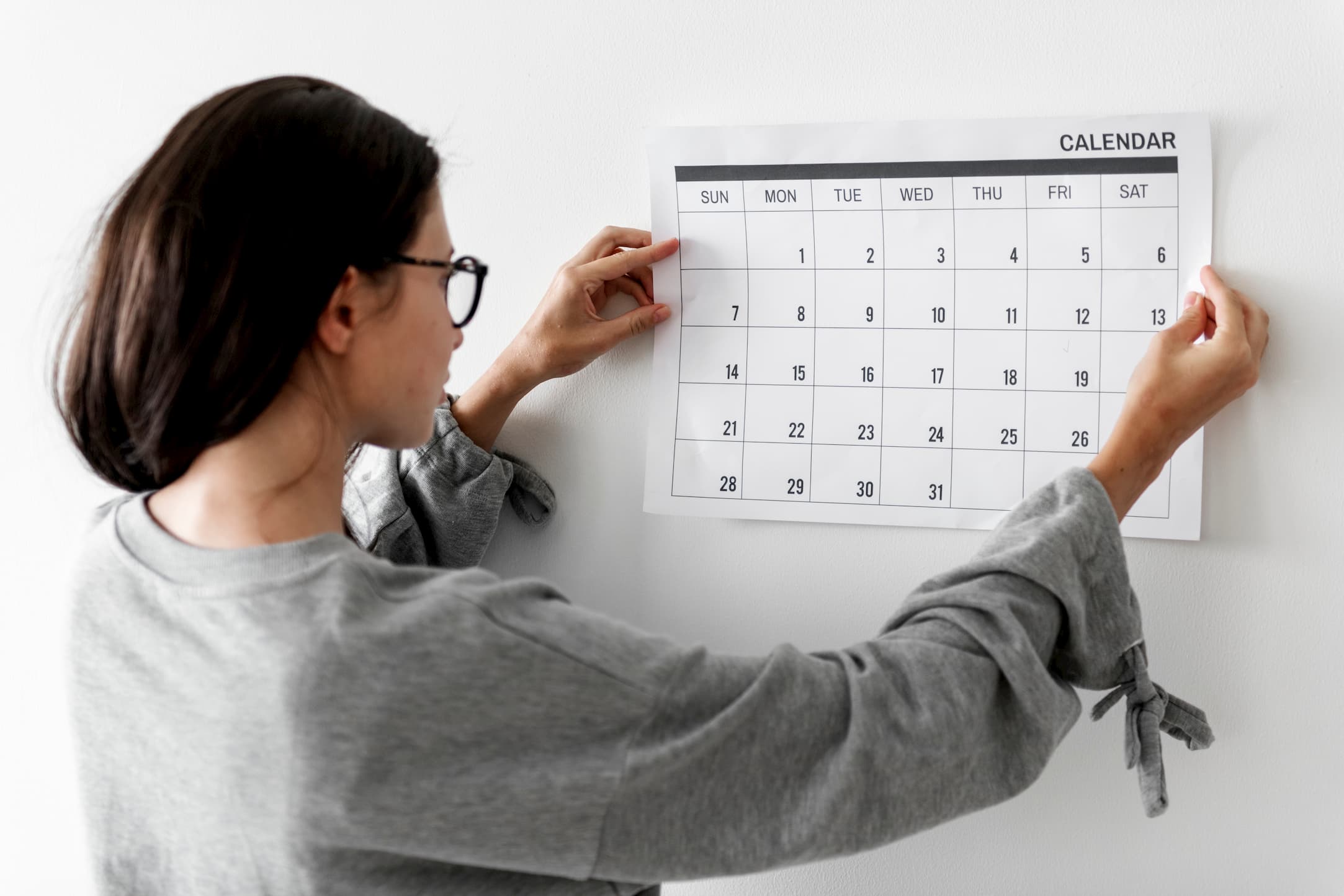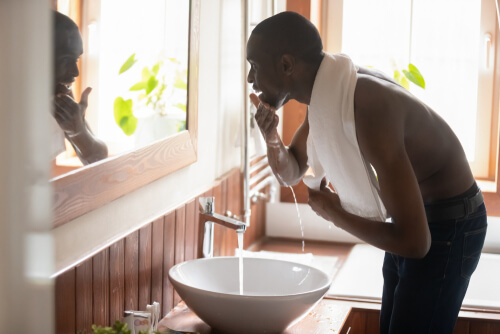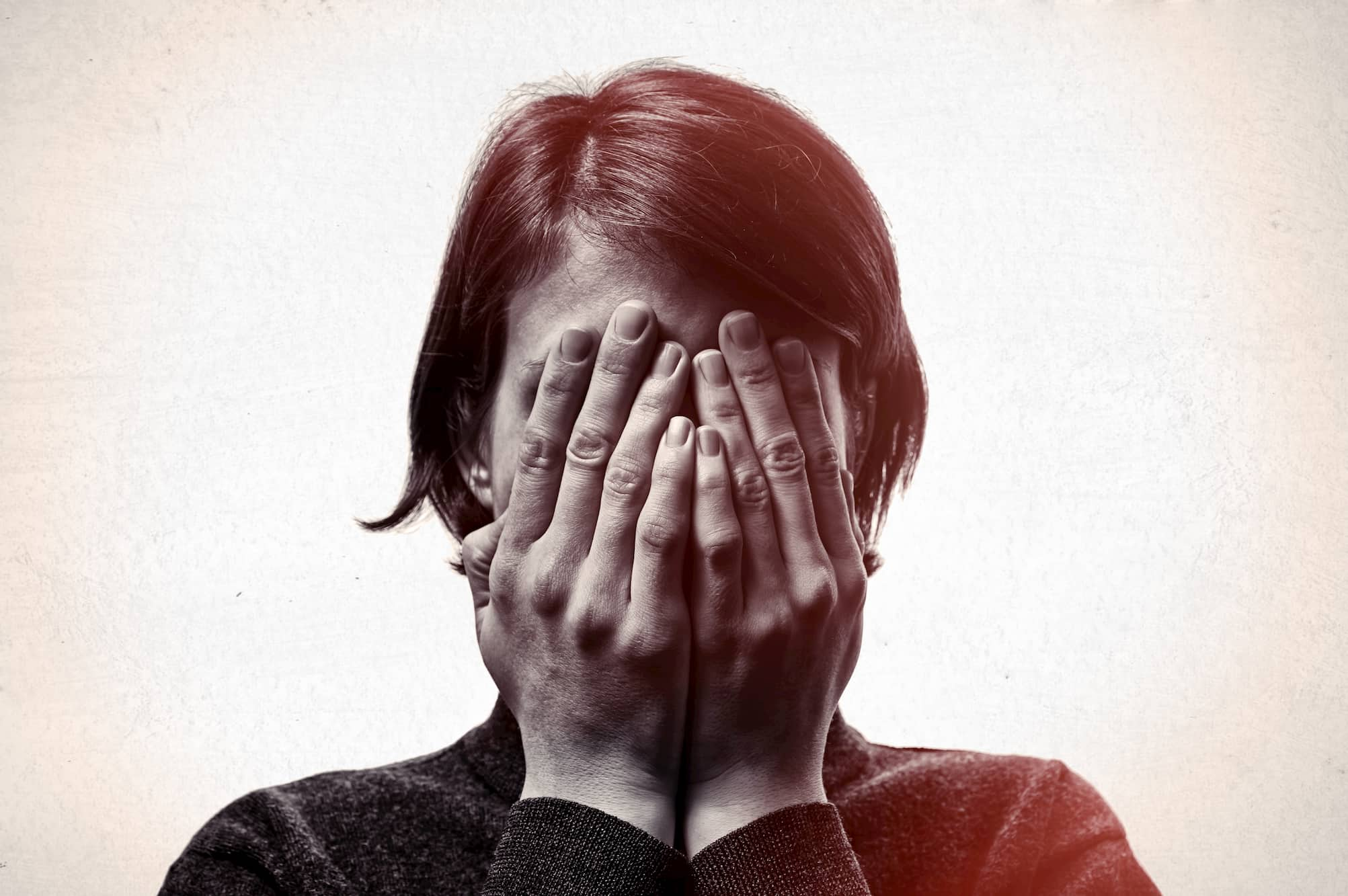Have you ever tried to consciously change your habits? If you have, you probably know first hand how difficult change can be. Yet, change, however difficult, is possible and sometimes necessary. In fact, our lives keep changing every day, and you may be creating positive and negative habits without even realizing it.
Habits can be defined as consistent and regular patterns of behavior. Once you start practicing a certain habit, it will eventually become unconscious and automatic. This is why it is important to be mindful of your habits and work on building those that have a positive impact on your life and your relationships.
For instance, you may have created poor habits in your romantic relationship over time and you’re only now becoming aware of them and their effects. In that case, you may try building new habits or visiting a coaching retreat for individuals to help you facilitate positive change.
Still, the process may be riddled with challenges, and it may take you quite some time to effectively create habits that benefit both you and your partner. Keep on reading to discover useful habit building and breaking techniques.
Why Are Habits So Powerful?

Your life may be shaped by your habits to a far greater extent than you may realize. Habits can be incredibly strong. In fact, as much as 40% of the actions you do every day are more influenced by your habits than your conscious decisions. Many habits are created to manage and tolerate feelings. But why is that so?
The power of habits lies in their ability to create neurological cravings. Here’s how a habit loop is created:
- Triggers/cues: this can be an emotional state, a person, a location, or a specific time of day.
- Creating a routine: the habit can be anything, from smoking cigarettes and drinking to biting your nails or watching TV.
- Reward: your brain will release pleasure chemicals when the routine is performed, further reinforcing the habit loop.
The habit loop reinforces itself and becomes automatic over time. Once this happens, your brain will not fully participate in the decision-making process. Understanding your created routines and habits will make it easier for you to alter the loop and take control of your habits.
How Many Habits Can You Build At Once?
Behavioral researchers agree that it is more effective to focus on a small number of habits at a time. In fact, it is often best to pick just one habit and focus all of your efforts on it, however small it may be. And if you wish to create more habits, try to work on no more than three habits at once. In general, your habit making process will be easier and more effective if you pick a small number of habits and work on them one at a time.
What Is The Golden Rule Of Habit Change?
Whether you are looking for ways to change your habits for your personal benefit, or wish to become a better partner in your relationship by changing the habits that affect your relationships, the Golden Rule of Habit Change may help. This rule was created by Charles Duhigg in 2012 and has proven to be quite effective for shifting habits.
The Golden Rule of Habit Change indicates that the best way to change a habit is to identify the cue and reward while changing only the routine. In order to shift the habit, you will have to instill a new routine that gives you the same reward. Over time, the new routine will become increasingly automatic until your brain becomes completely used to the new cycle. On average, it takes about 66 days to fully automate a habit.
What Are Some Bad Habits In A Relationship?
Just as habits have a powerful impact on your personal development, they can also significantly affect your primary relationships. While not all relationship habits are “bad”, certain patterns of behavior may cause distress to your partner and your relationship with them. Here are some habits that may have a negative impact on relationships:
- Nagging
Constantly arguing over the same things can have a negative effect on intimacy. While your frustration with your partner may be valid, constant nagging is unlikely to get your needs met and change your partner’s behavior.
- Disrespect for privacy
Checking your partner’s phone or computer and other forms of snooping show that you don’t respect their privacy. This habit often comes from trust issues of the past, jealousy, or being afraid of ending up alone, and can often be quite difficult to break.
- Not cleaning up after yourself
If you keep leaving a mess behind and waiting on your partner to clean up after you, it’s only natural that they will be frustrated or angry with you. This habit can cause your partner to harbor resentment and bitterness over time.
- Waiting for your partner to show affection
Waiting for your partner to initiate affection, whether in the bedroom or through everyday gestures, can set unfair expectations in the relationship. Your partner may feel confused or rejected, thinking that you are not that into them.
- Not taking care of yourself
It’s one thing to feel comfortable in your relationship, quite another to let yourself go completely, whether physically, psychologically, or emotionally. This may include a lack of personal hygiene, not working on your physical and mental health, or engaging in destructive habits around alcohol, drugs, or food.
How To Change Bad Habits In A Relationship
Changing unhealthy habits in your relationship is not much different than changing any other habit. But before you start working on creating better habits, you first need to communicate honestly with your partner and determine the behavioral patterns you can begin changing. Once you’re aware of your potentially harmful routines, you can start replacing them with more beneficial ones, and reinforcing the loop over time.
Looking For Private Couple Retreats For Reconnection? PIVOT Is Here To Help

Are you struggling with controlling your emotions in relationships? Or do you fear entering a long-term relationship? No matter what your emotional struggles may be, the experienced and compassionate team at PIVOT would be happy to provide you with the insight and resources you need to heal and improve.
Whether you’d like to try our individual coaching designed for achieving emotional balance or wish to improve your relationship at one of our intensive workshops, don’t hesitate to get in touch with us. Contact a PIVOT coach today!
















